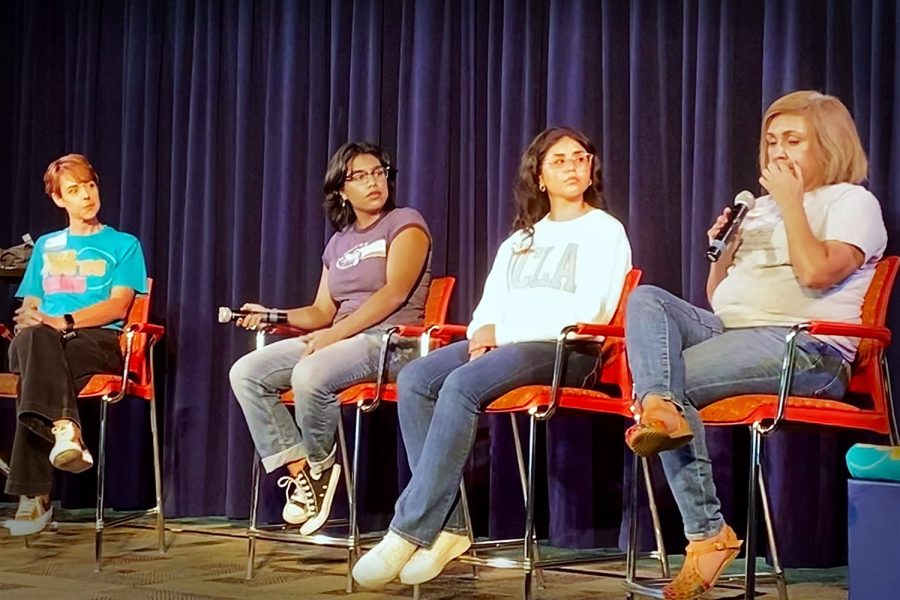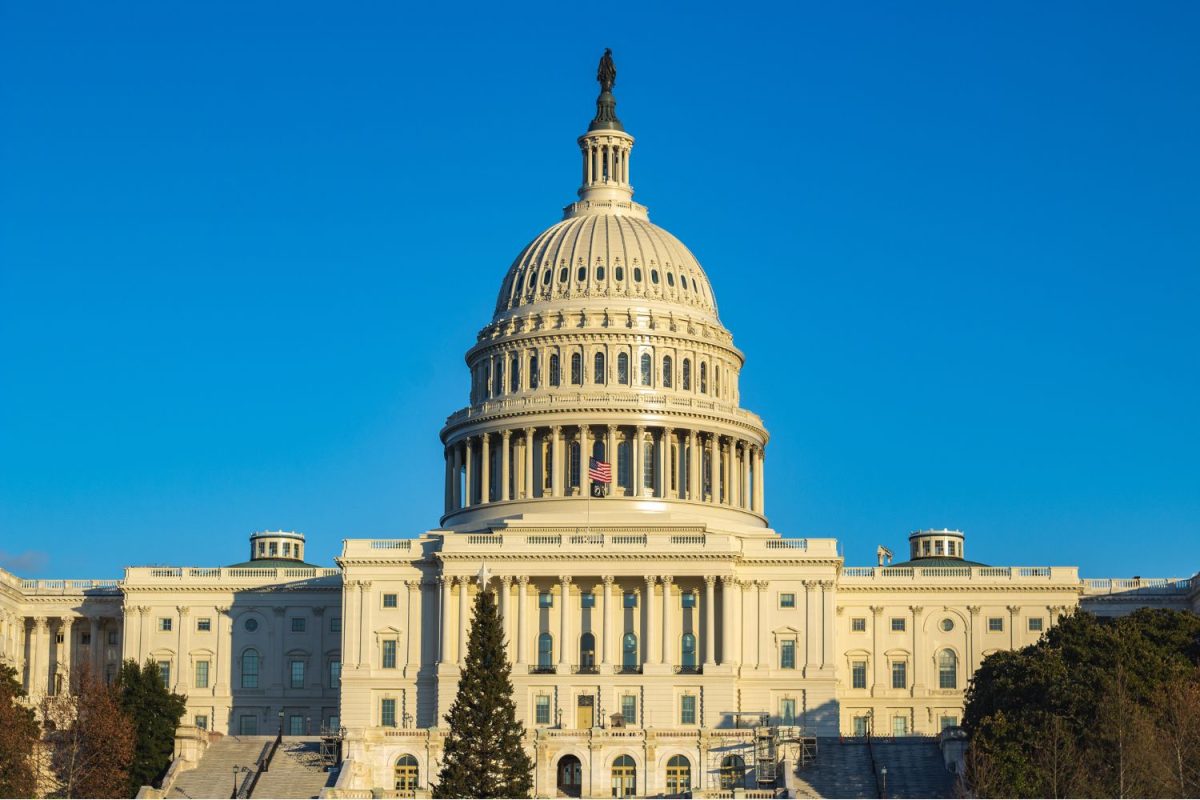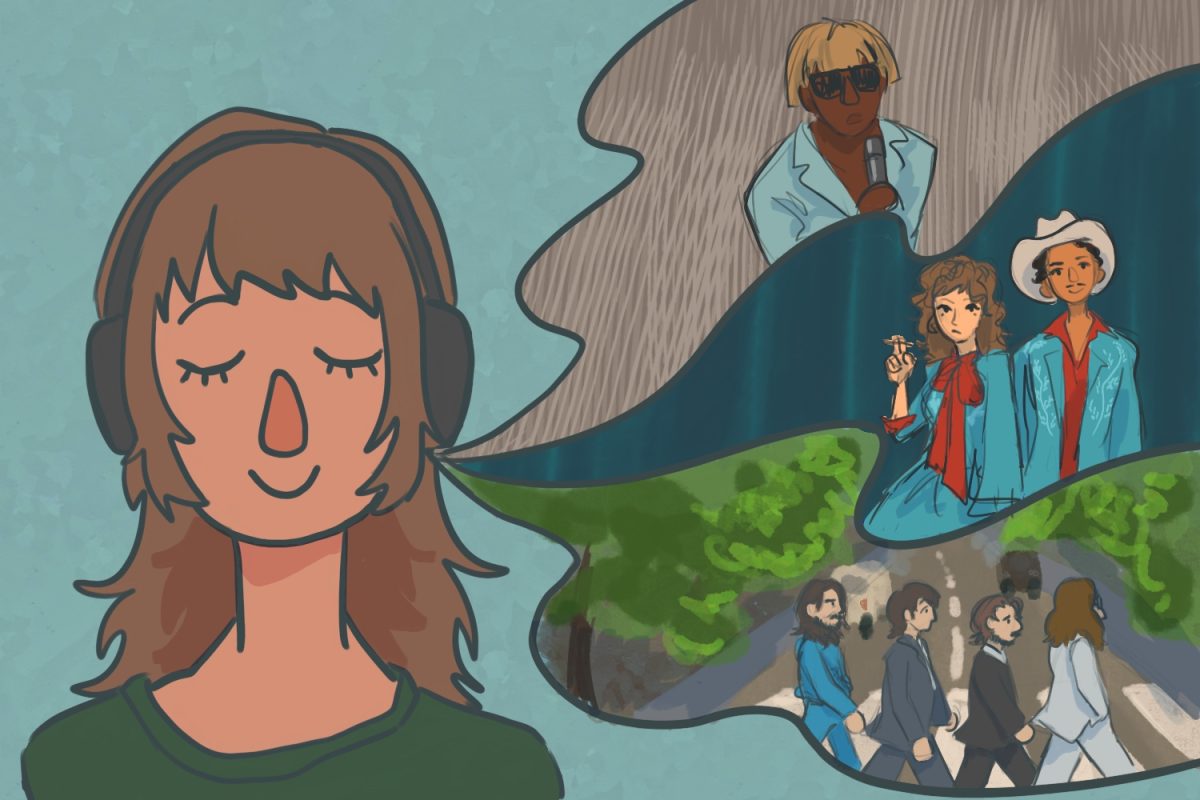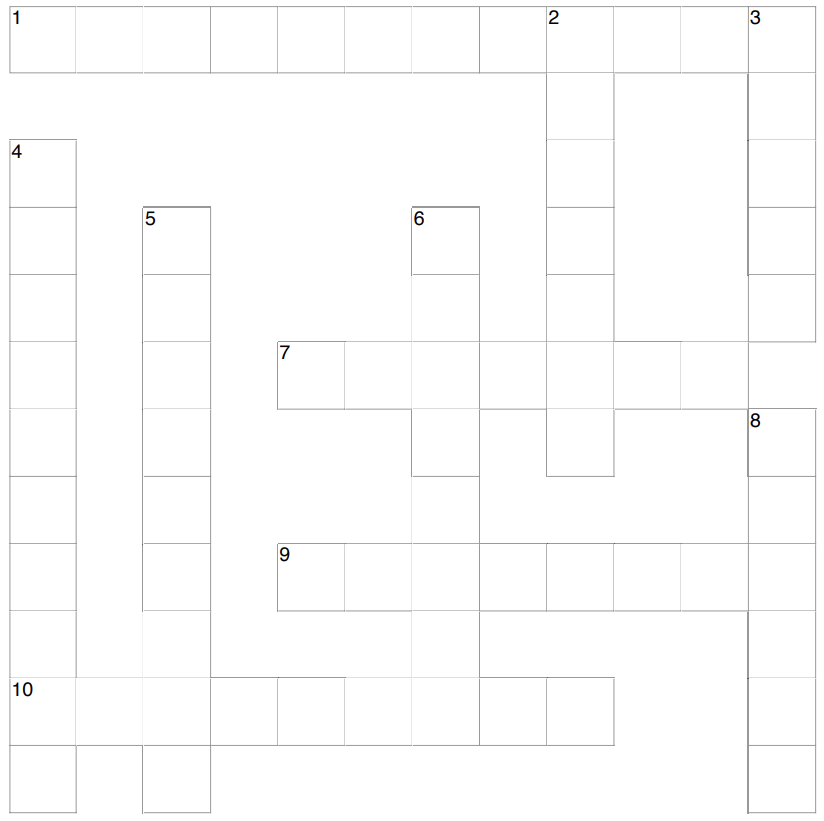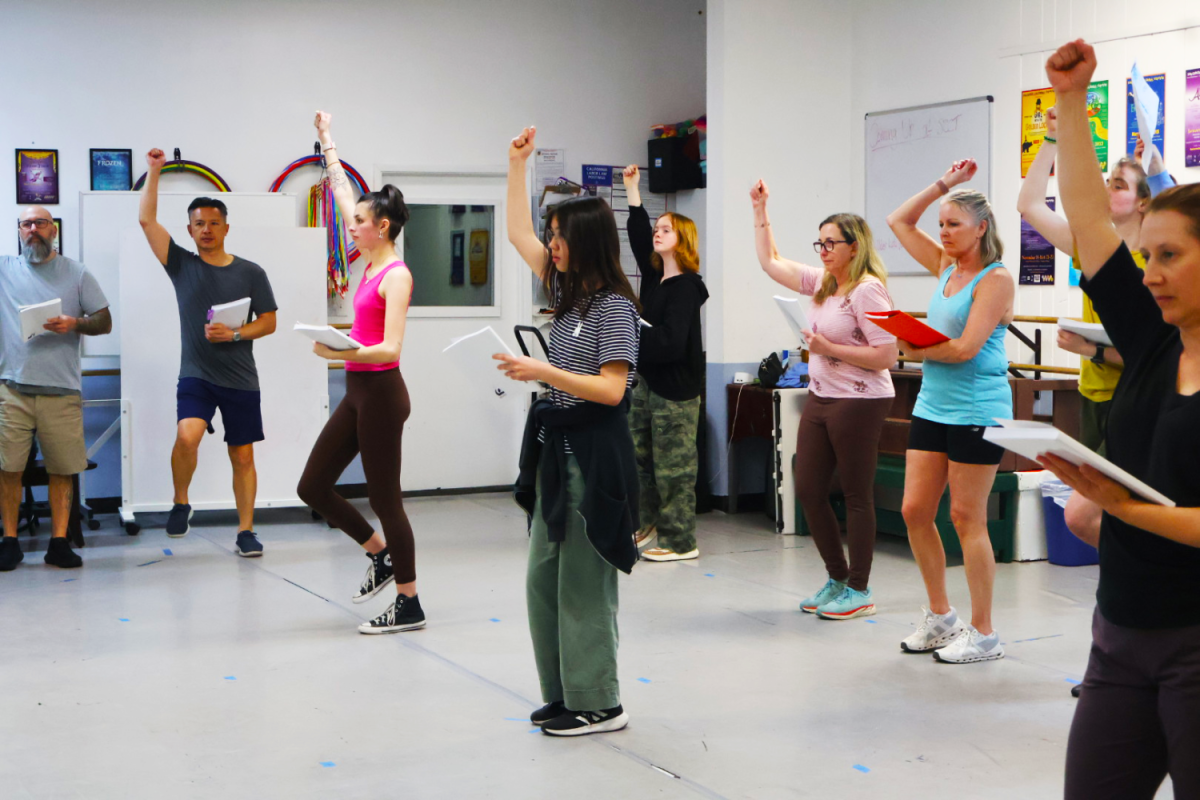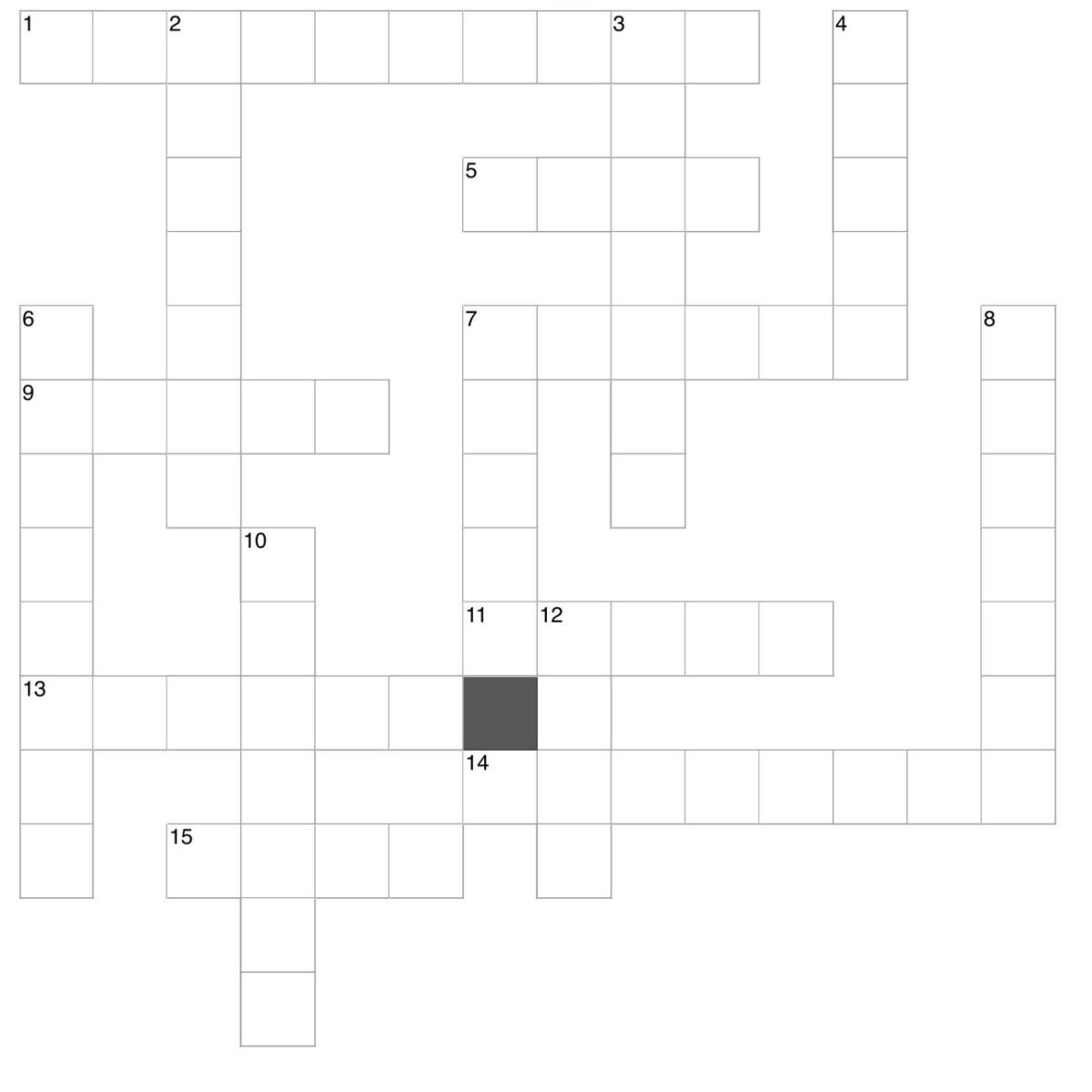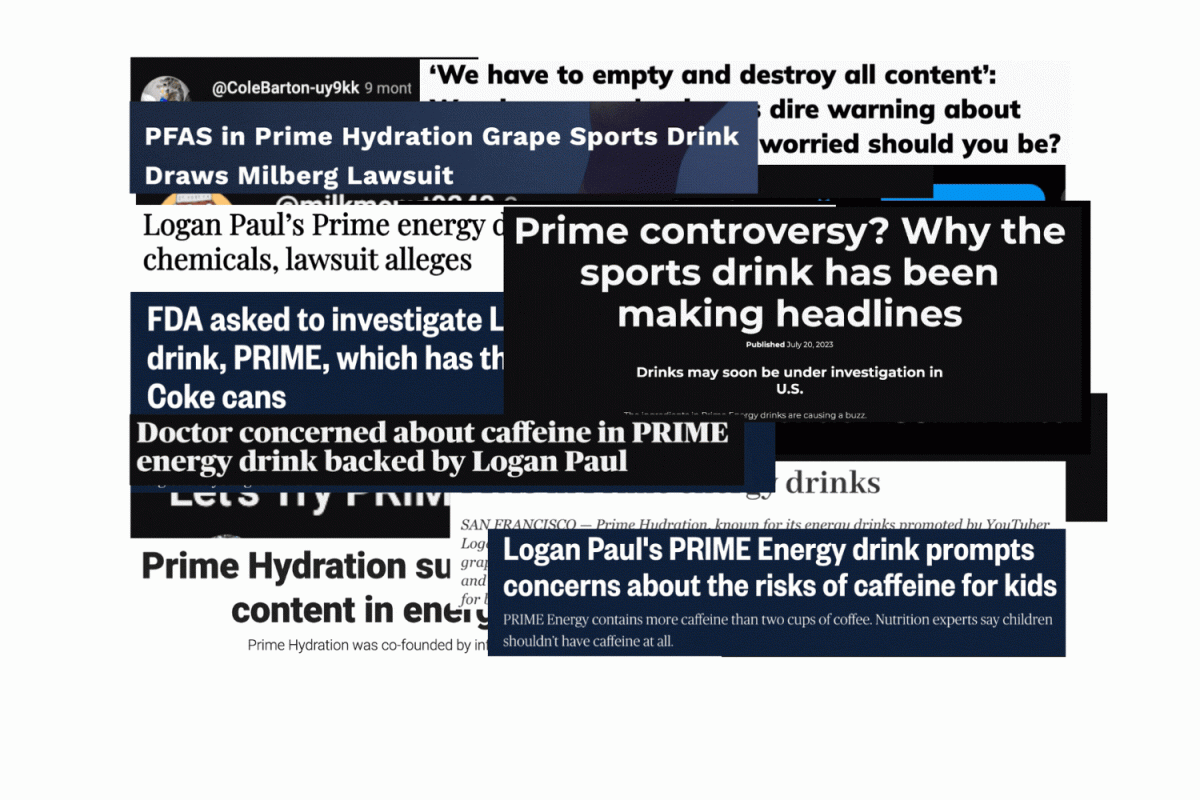Adriana Chavira, the journalism adviser at Daniel Pearl Magnet High School, faced a three-day unpaid suspension for refusing to censor one of her students’ articles. After months of effort to appeal the suspension, Los Angeles school officials rescinded the penalty on Sept. 16.
The controversy emerged on Oct. 18, 2021, when the Los Angeles Unified School District initiated a staff vaccine mandate. In response, Nathalie Miranda, the former features editor for Daniel Pearl Magnet High School’s online newspaper, the Pearl Post, produced an article about the mandate, mentioning the school librarian’s refusal to comply.
After the article was published on Nov. 8, 2021, the principal and librarian requested that the librarian’s name be removed. Knowing their rights as a high school newspaper, Miranda and Chavira refused.
“The Pearl Post editorial staff decided that this was newsworthy and that we wanted to keep the names in the article. We had those discussions behind the scenes, but all agreed on that decision,” said Valeria Luquin, the Newsmagazine Editor-in-Chief at the time.
In addition to the First Amendment’s protection of freedom of the press, California Education Code 48907 affirms the right of high school newspapers to publish whatever they choose as long as it is not obscene, libelous, or slanderous. Including the librarian’s name was within the guidelines of Ed Code 48907 and did not violate the Pearl Post’s anonymity policy; therefore, it was within the writer’s legal rights to deny the request to remove the name.
Passed on Feb. 22, 1977, Ed Code 48907 was the United States’ first law for student journalists. It countered the Hazelwood v. Kuhlmeier Supreme Court ruling, which limited the freedom of speech granted to public high school newspapers.
“We’re lucky we have this law. In other states like Nebraska, administrators can easily shut down publications, which is devastating for various reasons. This is just making it clearer that we need more laws for student journalist protection,” Chavira said.
Although Miranda published the article in November 2021, the suspension was brought up in late May 2022 and was placed on hold until the start of the fall semester.
As a formal journalist and journalism adviser for 16 years, Chavira knew that Ed Code 48907 defended employees from retaliation due to pupil protection, so she fought against the suspension.
“We have Ed Code 48907, but they ignored it until the end. In my mind, I was thinking: ‘if they’re coming after me, I’m a National Board certified teacher, they can come after any other teacher in our district,’” Chavira said.
The article’s publication threatened Chavira’s career at Daniel Pearl Magnet High School, and it also placed pressure on the students, primarily the editors and the writer.
“Being the one who wrote the article, it was really scary. If it was just up to me, I think I would’ve taken the name down; I would’ve listened to them. I was just scared, and I didn’t want Ms. Chavira to face any punishment,” Miranda said.
Although the entirety of the Pearl Post staff was not immediately informed about the impending suspension of their adviser, the editors and Miranda were in charge of the decisions made in response to the librarian’s requests.
With the help of Chavira, the staff reached out to the Student Press Law Center (SPLC) early in the process and received confirmation of their lawful stance. Despite the SPLC’s reassurance that the article was not libelous and that Miranda was within their rights to keep Enszer’s name published, the district waited months to rescind the suspension.
“When it became clear that Ms. Chavira could face disciplinary action, the staff began to realize how serious this was. Ms. Chavira’s willingness to take the punishment encouraged us so much. It showed us that we had to keep fighting. We weren’t going to let Ms. Chavira go down in vain,” Miranda said.


